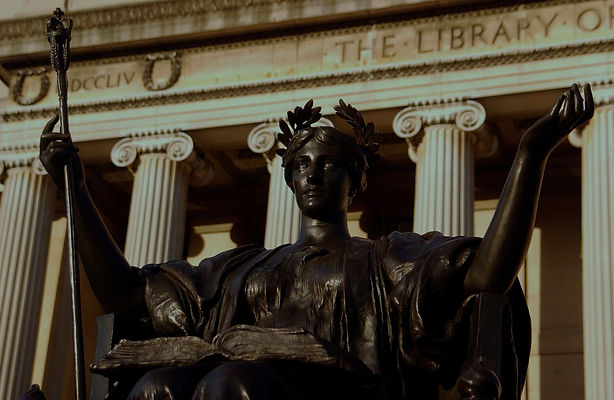
ALUMNI
Alumni Spotlights
SUSCI alum Kevin Garrett ('23) is making an impact as a revitalization specialist with the New York State Department of State (NYSDOS), managing grant programs for community redevelopment. In this interview, Kevin reflects on how the SUSCI program shaped his professional path, from navigating challenges during the pandemic to gaining practical skills for sustainability careers.
Alumni Spotlight: A Career in Community Renewal and Carbon Removal
12/6/23

As an aspiring environmental educator, Goh was drawn to the Master of Science in Sustainability Science program (SUSCI) for its strong links to the Lamont-Doherty Earth Observatory (LDEO) and its research faculty. The opportunity to learn from professors at the cutting edge of climate science gave Goh firsthand insight into the evolving sustainability space. He hopes to take the experience gained from the program and work toward instilling a passion for the environment in his future students, as described in the Q&A below.
When the Student Becomes the Teacher
12/1/23

Daryush's passion for the environment led him to pursue a Master of Science in Sustainability Science (SUSCI) at the School of Professional Studies, in partnership with the Columbia Climate School. Nourbaha completed the degree in 2021 and is now an engineer at SpaceX, the American aerospace company founded by Elon Musk.
What It's Like to Work at SpaceX
10/12/23

Jeffrey Fralick, a graduate from Columbia's Sustainability Science (SUSCI) program, navigated challenges during the COVID-19 pandemic. With persistence, he landed a dream role as a climate risk analyst at the Environmental Defense Fund, where he uses climate science to addess the cosequences of financial regulations.
Finding a Dream Job In the Climate Finance Industry
7/13/22

Sharelle Pampo Copple is a recent alumna of the Sustainability Science (SUSC) program ('21). As an avid scuba diver, Sharelle has witnessed the effects of coral bleaching firsthand. This experience is what initially sparked her passion for climate change and sustainability.
As an SUSC student, Sharelle was able to pivot her career focus from business to science. She was also able to work for the Earth Institute and conduct research for the NASA GISS Climate Change Research Initiative. She now serves as the director of research for a company that works to create a blockchain-based framework for carbon accounting.
Student Inspired by Coral Bleaching to Pursue Sustainability Science
10/19/21
